by Andrew Hedglin
“The secret to a happy ending,” Patterson Hood of the Drive-By Truckers once sang, “is knowing when to roll the credits.”
Cameron Harris was a one-time high-school football phenom in Biloxi who lost his mother in a car accident, and then nearly lost his home to Hurricane Katrina. He enlisted in the Army, only to be paralyzed by an improvised explosive device in Afghanistan. In what can only be described as a miracle, he suddenly regains the ability to walk four years later. The Catholic church begins an investigation to certify this as an official miracle and a reality television show is soon set to premiere about Cameron’s new life.
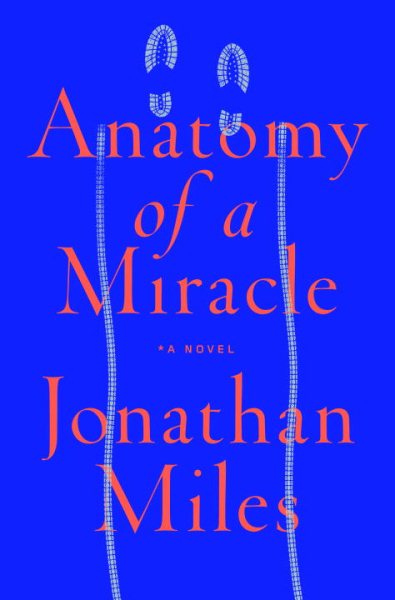 Any feature journalist or newspaper reporter worth his or her salt would stop the narrative right there. But he novelist Jonathan Miles, in his new faux documentary Anatomy of a Miracle, knows this story is just beginning.
Any feature journalist or newspaper reporter worth his or her salt would stop the narrative right there. But he novelist Jonathan Miles, in his new faux documentary Anatomy of a Miracle, knows this story is just beginning.
Cameron’s miracle sets into motion a chain of outwardly expanding satellites struggling to make sense of this cosmic anomaly, to figure out what it could mean to live in a world where miracles might be real. First, there is Cameron’s 91 year-old black neighbor Eulalie Dooley who needs him to pray for her grandson. Then it spreads to Lê Quynh and Hat, the financially-strapped Vietnamese immigrants who own the convenience store wherein Cameron gets healed and who stand to benefit from the resulting publicity. Next, to Dr. Janice Lorimar-Cuevas, Cameron’s rational, skeptical VA doctor who is on the emotional run from her fabulist Delta father. On to Scott T. Griffin, the Southern mythos-obsessed reality television producer who knows a great story when he sees one. And further, to Euclide Abbsscia, the bemused Vatican investigator who is hired to find out the circumstances that surround Cameron’s miracle and his past. The ripples go ever onward and over Cameron and his devoted older sister and caretaker, Tanya.
If that sounds like a lot of names to keep up with, don’t worry. Miles fastidiously constructs all the characters in this community of Cameron. They all have complex histories and motivations. Characterization and setting are perhaps this finely crafted novel’s forte.
Cameron has always had a private, repressed personality, so the spotlight only begins to settle on him when his status as a spiritual celebrity is interrupted by a very public bar fight captured by the TV cameras. Cameron then is forced to reckon with his biggest secret that will threaten not only his own reputation, but the faith of many others looking to him.
Anatomy of a Miracle is a fantastic story that continually managed to surprise me. Just as I thought I had figured out what type of book I was reading, the story shifted to encompass something else. It always returned to Cameron as its axis, though. I would recommend this book especially to fans of The Nix by Nathan Hill.
I think the image I’ll keep coming back to, as its most lasting impression, is toward the very end, when Cameron visits his local parish priest Father Ace. Cameron is trying to negotiate a truce between himself and the church (and, symbolically, the public) that had drawn him in close as a sign of God’s work, then spat him back out as imperfect. Although unsuccessful, Cameron at least manages to draw a truce between himself and his very nature, defiantly and finally proclaiming his wholeness:
He wheeled around and faced the open church door, the flooded veins of his neck surging. “I’m not living in a state of grace?” he said aloud, unconsciously shifting from foot to foot in a defiant shuffle-step every one of his lower body’s nerves thrumming and twitching his voice climbing from a choke to a shout. “I’m not? I’m not?”
Jonathan Miles will be Lemuria on Tuesday, March 20, at 5:00 to sign and read from Anatomy of a Miracle. Anatomy of a Miracle is one of Lemuria’s two March 2018 selections for its First Editions Club for Fiction.


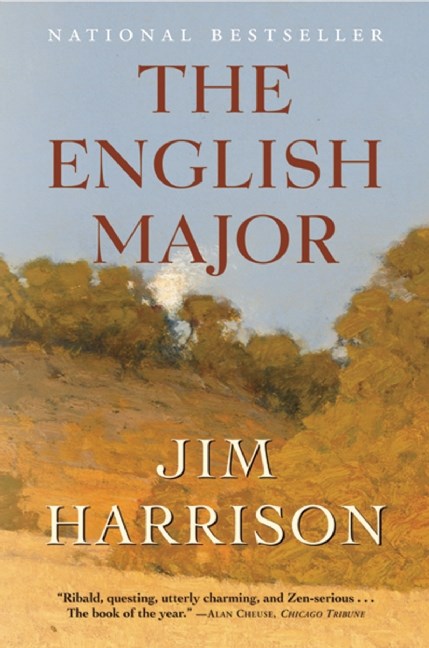 Cliff, having become increasingly disappointed in the names of the states and names of the state birds in the United States, decides this is a perfect time to travel around the entire country and rename both of these things. With him, he carries a puzzle of the fifty states and as he leaves each state he tosses the puzzle piece in a place of his choice.
Cliff, having become increasingly disappointed in the names of the states and names of the state birds in the United States, decides this is a perfect time to travel around the entire country and rename both of these things. With him, he carries a puzzle of the fifty states and as he leaves each state he tosses the puzzle piece in a place of his choice.

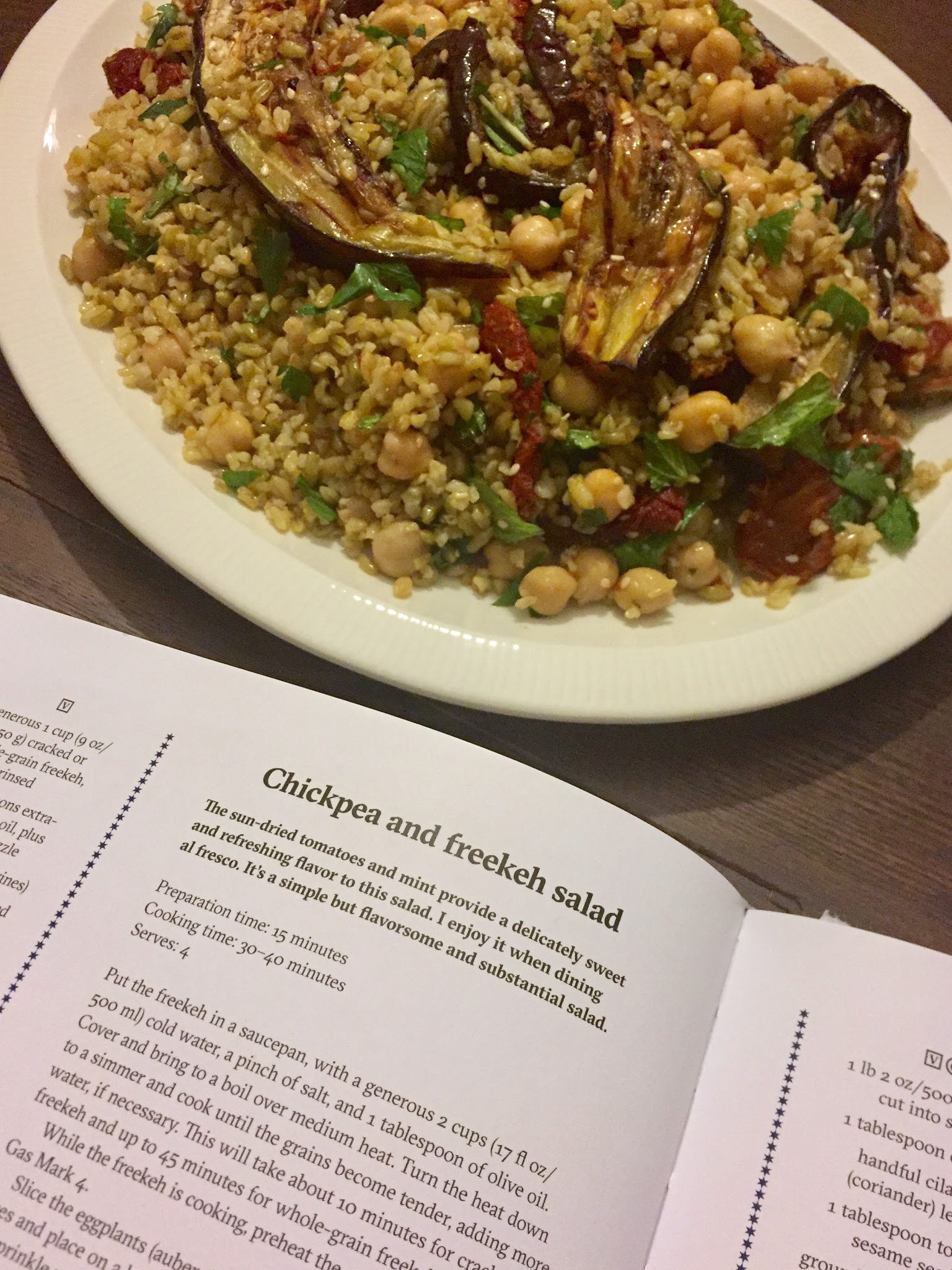

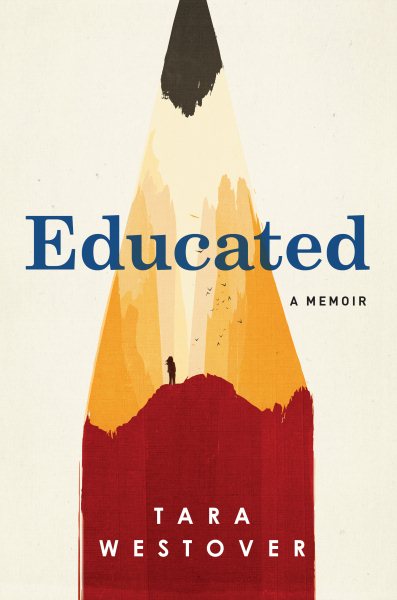 Tara Westover tells the true story of growing up on a mountain in Buck Peak, Idaho with her eccentric family. But eccentric doesn’t even begin to cover this cast of characters. Tara’s father, a zealous Mormon and self-proclaimed prophet, is convinced of the Illuminati and Y2K. Tara and her 6 older siblings spend time canning food and burying guns in preparation for the “end times.” Their mother, who turned her back on her strict and proper upbringing to marry Tara’s father, is a midwife and herbalist.
Tara Westover tells the true story of growing up on a mountain in Buck Peak, Idaho with her eccentric family. But eccentric doesn’t even begin to cover this cast of characters. Tara’s father, a zealous Mormon and self-proclaimed prophet, is convinced of the Illuminati and Y2K. Tara and her 6 older siblings spend time canning food and burying guns in preparation for the “end times.” Their mother, who turned her back on her strict and proper upbringing to marry Tara’s father, is a midwife and herbalist.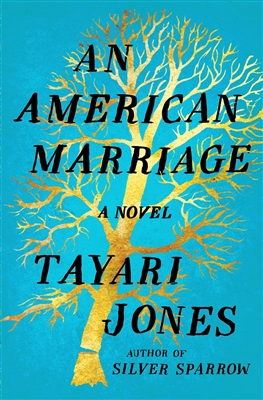 Newlyweds Celestial and Roy drive from their home in Atlanta to visit Roy’s parents in Eloe, Louisiana. Tension between Celestial and her mother-in-law makes the young couple decide to rent a hotel room rather than stay at the house. At the hotel, an argument between the couple sends Roy out of their room for less than an hour, an hour that will determine the course of both of their lives.
Newlyweds Celestial and Roy drive from their home in Atlanta to visit Roy’s parents in Eloe, Louisiana. Tension between Celestial and her mother-in-law makes the young couple decide to rent a hotel room rather than stay at the house. At the hotel, an argument between the couple sends Roy out of their room for less than an hour, an hour that will determine the course of both of their lives.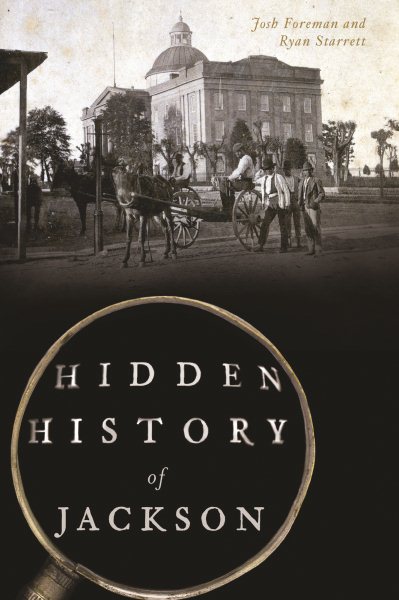 Perhaps others among you received a more comprehensive education at your own schooling or by your own volition, but for anybody who considers themselves a true Jacksonian, I cannot recommend highly enough Josh Foreman and Ryan Starrett’s
Perhaps others among you received a more comprehensive education at your own schooling or by your own volition, but for anybody who considers themselves a true Jacksonian, I cannot recommend highly enough Josh Foreman and Ryan Starrett’s 
 Kristin Hannah’s
Kristin Hannah’s  One such conversation I feel like I’m not that knowledgeable about is immigration. I hear a lot of things, but haven’t really tried reading about the topic myself. So when The Line Becomes a River fell into my hands, I knew it was a chance for me to start listening to that conversation more closely.
One such conversation I feel like I’m not that knowledgeable about is immigration. I hear a lot of things, but haven’t really tried reading about the topic myself. So when The Line Becomes a River fell into my hands, I knew it was a chance for me to start listening to that conversation more closely. I said, “Self?” and myself said, “Hmm?” And I replied, “Sis, this book is good. It’s pretty good…. I mean, it’s REALLY GOOD.” And before you question my sanity, I let you in on a not-so-secret secret: I often have conversations with myself about something that speaks to me, or rather, enraptures me. Besides, once you begin reading this fast-paced psychological thriller, you’ll not only question the narrator’s sanity, you’ll be critiquing your on perspective about the world around you, the validity of your memories, and your own perception of the people we probably talk to the least: our neighbors. Oh, and if you’re a cinephile like me, this book will give you all the feels for Alfred Hitchcock’s most popular films.
I said, “Self?” and myself said, “Hmm?” And I replied, “Sis, this book is good. It’s pretty good…. I mean, it’s REALLY GOOD.” And before you question my sanity, I let you in on a not-so-secret secret: I often have conversations with myself about something that speaks to me, or rather, enraptures me. Besides, once you begin reading this fast-paced psychological thriller, you’ll not only question the narrator’s sanity, you’ll be critiquing your on perspective about the world around you, the validity of your memories, and your own perception of the people we probably talk to the least: our neighbors. Oh, and if you’re a cinephile like me, this book will give you all the feels for Alfred Hitchcock’s most popular films.